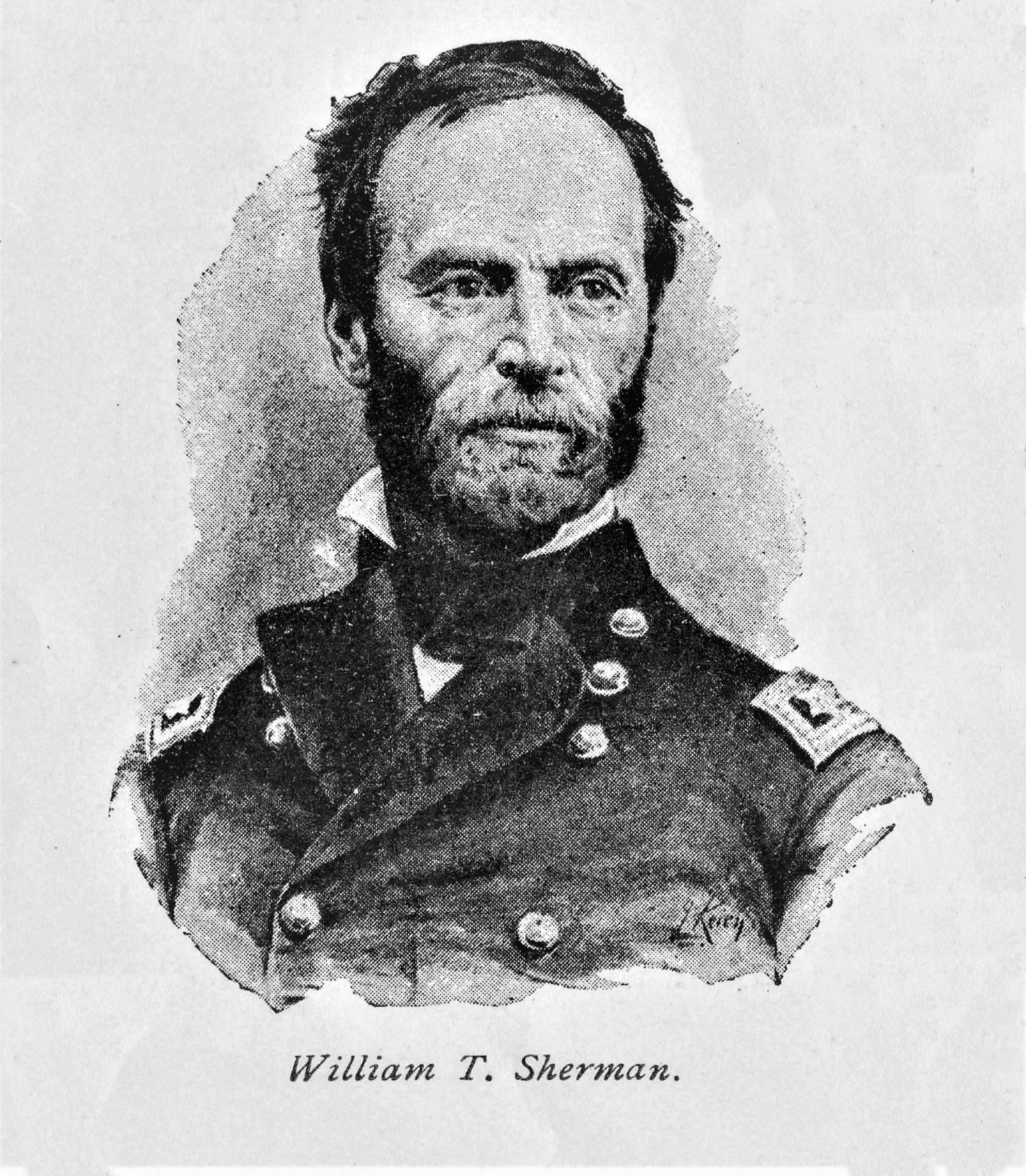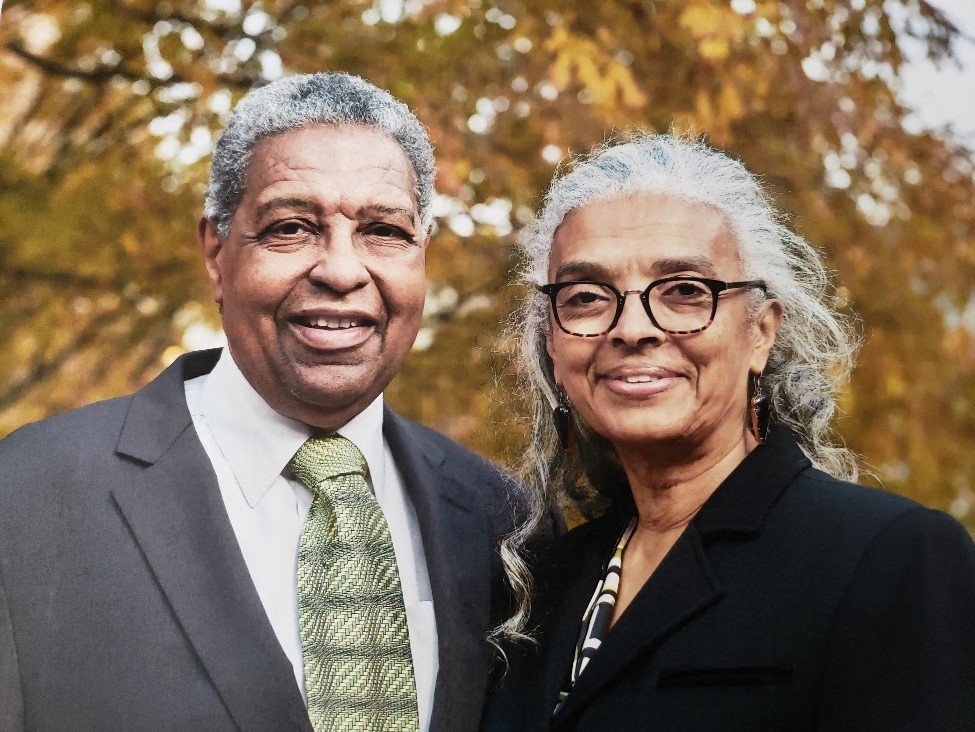Pan African Dems Attack Reparations Movement
There is a concerted effort by Pan-Africanists all across the nation to stymie the push for reparations being made by true reparationists in the United States. I personally opine, Pan-Africanist organizations who are aligned with NAARC (National African American reparations Commission) and NCOBRA (National Coalition of Blacks for reparations in America) and by extension, the NAACP and the Urban League, are the single greatest threat to the true reparations movement.
Pan-Africanism and the Escapism Narrative: Examining its Impact on Black Americans
Amidst its noble goals, there are nuanced discussions about how Pan-Africanism could be perceived as a form of escapism in the context of the United States, potentially undermining the specific struggles and aspirations of Black Americans.
Reparations Work in America: A Spotlight on Callie House
Through her relentless activism, Callie House sought to raise awareness about the economic exploitation and systemic injustices faced by Black Americans and fought for reparations as a means of addressing these historical wrongs.
Reclaiming History: The Freedmen’s Bureau and Reparations in 2024
Today, as the discourse surrounding reparations gains momentum, the historical legacy of the Freedmen’s Bureau offers invaluable insights into addressing eligibility issues and fostering equitable solutions for American Freedmen communities.
When It Comes to Immigration Reform, Don't Forget Black Voters |Opinion
Black Americans are the most reliable Democratic voters, and yet the Democratic Party betrays their loyalty by neglecting the needs of Black voters, or worse, actively supporting policies that harm Black Americans. Illegal immigration is a prime example.
New Year - New Me? What Black America Continues To Face in 2024
America is bringing many problems into the year 2024. An economy that we’re told is thriving yet, doesn’t quite feel that way to our pockets. A big illegal immigration issue and all that comes with it - sanctuary city statuses, funds and services going to the migrants while some citizens are left homeless and abandoned, voting rights for non-Citizens, etc. Lots of headaches coming into the new year...
Is the Israel-Palestine Conflict a Distraction to American Freedmen?
The Israel-Palestine conflict is an enduring and complex issue that has garnered worldwide attention. Many Americans, including American Freedmen, feel a sense of responsibility to engage in global affairs. However, it's crucial to recognize that focusing on lineage-based reparations should remain a primary concern for American Freedmen. In this article, we explore the reasons why involvement in the Israel-Palestine conflict may divert attention from addressing their own historical injustices through reparations.
The Freedmen's Bureau and the Rise of Black Wall Street: Empowering Freedmen's Towns in Post-Civil War America
The Freedmen's Bureau, despite its limitations and challenges, left an indelible mark on the formation of Black Wall Street and other wealthy Freedmen's Towns across the United States. It provided educational opportunities, land grants, and a foundation for economic independence that enabled American Freedmen to build self-sustaining communities.
Unintended Consequences: Exploring How Illegal Immigration Harms the American Freedmen Community
This article delves into the ways in which illegal immigration, particularly through the southern border, can inadvertently impact the American Freedmen community, examining aspects such as job competition, wage pressures, and socioeconomic disparities.
An Excerpt from ”The Clear and Secular Case for Reparations”
Why does this matter? Oftentimes, the question is raised: “What is wrong with Black people?” What about Black-on-Black crime? What about Black gangs? What about the marriage rate being low? What about Chicago? What about this and what about that? The “what-aboutisms” are what I like to call the symptoms of the deep and never-ending disease. I also like to call them “work avoidance.”
Why Do Freedmen Sell Other Freedmen Out? The Answer Is Right Under Our Nose
I used to always wonder why organizations like the Congressional Black Caucus (CBC) and the NAACP, along with some black celebrities and athletes do not reinvest in their communities. The answer is simple and what is understood doesn't need to be explained. They simply fight hard to not lose their status of being the “elevated Negro” over the masses of common Freedmen.
Excerpt from the article “The Sweet Sixteen”
This is the point at which the establishment of our reparational due has to transition from cosplayers, politics, and emotionality to cold historic empiricism – riding on objectively conclusive calculations finalizing with a substantive end.
True Reparations Are A National Debt
Although there are many ways to calculate reparations, including an estimation of the present value of the time stolen from the enslaved or the present value of the 40-acre land grants promised – but denied – to the freedmen, we believe that a true reparations policy must make the black wealth share at least consistent with the black share of the American population.
Initial Proposals for Updating Race and Ethnicity Statistical Standards
As American Freedmen and reparationists, this is a huge opportunity for those who are descendants of chattel slavery in America. We can now have our data separated and programs and funding directed where it should be - to those still experiencing the effects of slavery and other government sanctioned treatment in this country. We are asking YOU to answer this call-to-action and submit a comment to the OMB today.
Would Reparations Fare Better With An International Movement?
As Reparationists continue to fight to achieve the justice claim for the Descendants of Freedmen, it would be proper to start exploring different strategies to make a 155-year-old topic a reality. Is one of those ways to unite with the Diaspora to make Native Black American reparations an international movement?
Why You Should Start a FiveFreedmen Reading Circle Today!
In continuing the message of economic equity by Dr. King, many activist groups across the country like the DMV Freedmen (based in Washington D.C./Maryland/No. Virginia), the Freedmen Descendants of Chicago, and Nevada Freedmen Association for example are actively participating in and advocating for reparations book clubs.
Recommended Reading List for Reparations
This list contains books that explore what reparations can look like and how it can transform the lives of those who stand in the shoes of emancipated people in the United States. Some books also delve into why reparations are so sorely needed to repair our people and reconstruct our communities.
Why March for Reparations?
So, the question remains: Why is Reparations such a hotbed topic? Why do so many people get up in arms when mention is made of reparations to Black American Freedmen? The answer may lie in the wide variety of misinformation surrounding the topic of reparations.
An Open Letter to American Freedmen (Otherwise Known as Black Americans) On the Issue of Lineage Based Reparations
By The Tubman House Center For Reparative Justice




















